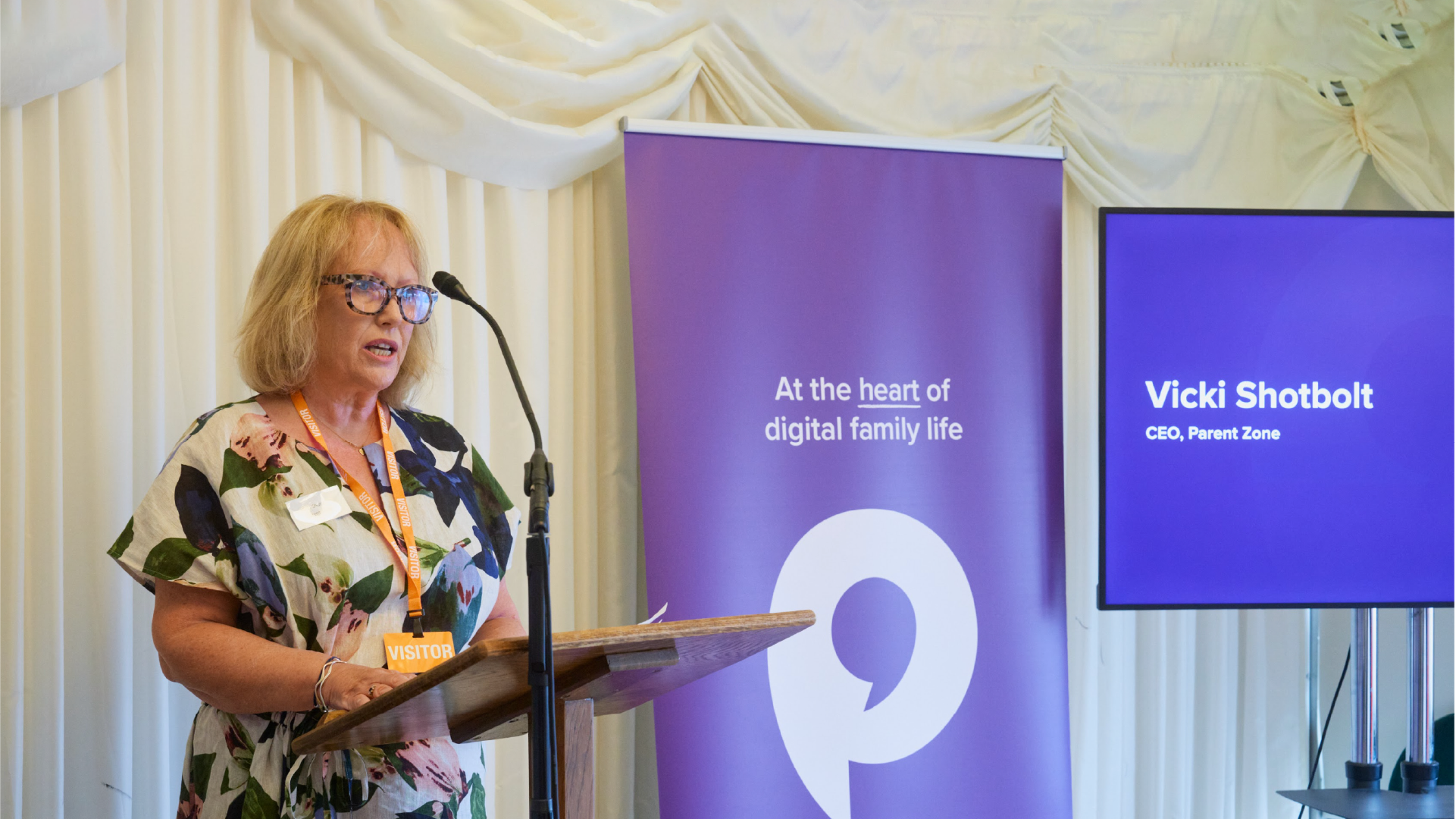The Tech Shock podcast – schools and emerging tech: a new era of sexual harassment and abuse?
“We saw that parents identified themselves as the best equipped – also, at the same time, our research found that parents were the least aware of the issue, either of deepfakes in general or non-consensual intimate image sharing. It’s clear that they want to be aware and they would want to be the ones who are helping guide their kids through something like this. It’s just that they don’t have the tools.”
Generative AI tech is becoming more sophisticated and, at the same time, more accessible. A consequence of this is that the ease in which someone can create and share realistic deepfakes involving ‘non-consensual intimate images’ has increased too.
Unfortunately, classrooms aren’t exempt from this trend. Research from UCL’s Institute of Education also shows that – of young people who have experienced image-based sexual harassment – only 2% reported it to their school.
In this episode, policy counsel at the Centre for Democracy and Technology, Kristin Woelfel discusses their 2024 report with Vicki, exploring this issue (and possible responses to it) further.
You can listen to the episode in full, here.
Latest Articles

How to get ahead in teaching AI: CPD ideas for educators
The need for AI CPD in teachers and school leaders is increasingly recognised. Sarah Horrocks and Michelle Pauli of Connected Learning explain the opportunities.

Crafting a compelling public narrative for Child Financial Harms
This guest blog from Executive Director of the Future Narratives Lab, Daniel Stanley explores how we should raise awareness of the growing problem of child financial harms – and includes calls for next steps.

Media literacy: a welcome report, but time isn't on our side
The Communications and Digital Committee's media literacy report is welcome – but questions remain unanswered, and time is running out. In this blog, we outline some of the report's key findings, and highlight what more needs to be done:

